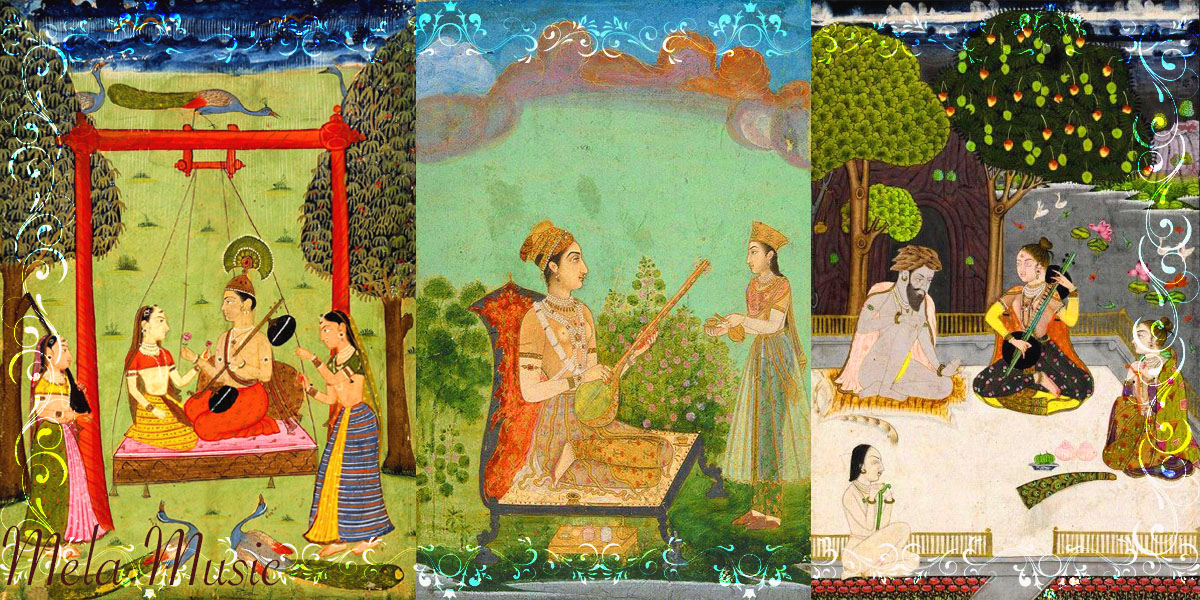
Raga Devgiri Bilawal radiates the pristine clarity of dawn, its melodies unfolding like the first rays of sunlight spilling over sacred mountain peaks. Rooted in the Bilawal thaat—with its pure, natural notes (Shuddha swaras)—this raga embodies a luminous serenity, evoking images of dew-kissed valleys, temple bells echoing across misty slopes, and the quiet fervor of morning rituals. Its ascendant phrases, such as S-R-G-M-P-D-N-S’, mirror the upward journey of a soul seeking communion with the divine, while gentle descents like S’-N-D-P-M-G-R-S cascade like waterfalls, cleansing the listener’s spirit. The raga’s emotional core resonates with Shanta rasa (tranquility) and Bhakti rasa (devotion), balancing meditative stillness with an undercurrent of reverence. Here, joy is not exuberant but refined—a whispered prayer rather than a celebration, where even the most vibrant notes carry a weight of sacred introspection.
Unlike the jubilant energy of Bilawal or the fiery brilliance of Sankarabharanam, Devgiri Bilawal tempers its brightness with a solemn majesty. The absence of komal (flattened) swaras preserves its purity, yet strategic emphasis on Gandhar (G) and Nishad (N) lends depth, as if sunlight filters through ancient forest canopies. Its phrases often linger on M-P-D, evoking the resonant hum of temple conch shells or the rhythmic chant of Vedic hymns. Performed in the early morning hours, the raga bridges earthly humility and celestial grandeur, its melodies echoing the timeless dialogue between humanity and the divine. To experience Devgiri Bilawal is to stand at the threshold of dawn—where silence and sound merge, and the heart finds solace in the immutable grace of the sacred.
